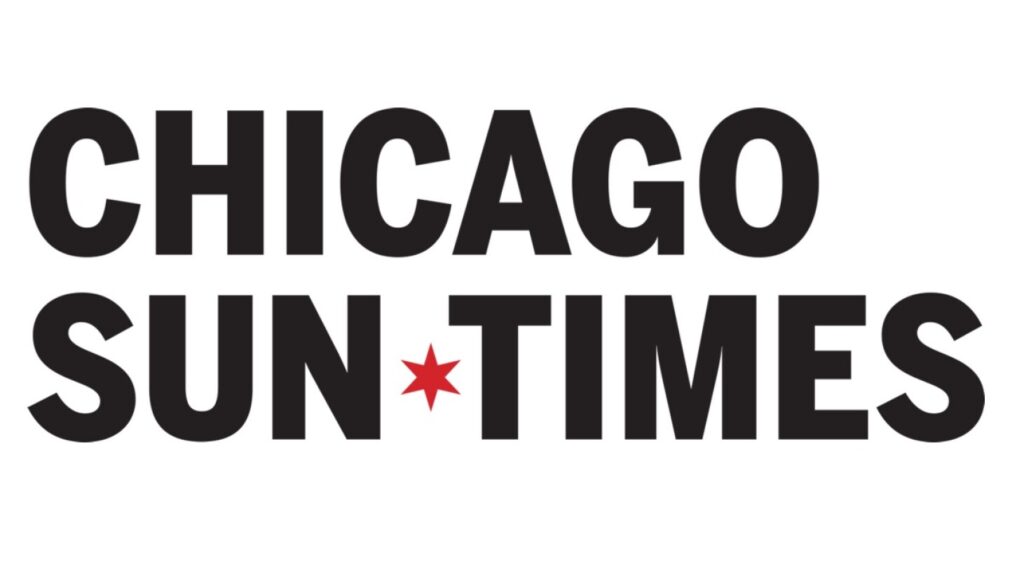Randomized Controlled Trials
Randomized controlled trials are the gold standard in research, producing causal evidence about the efficacy and impact of policies and programs.
A randomized controlled trial, or RCT, is considered the gold standard in research. A RCT is a rigorous study that randomly assigns participants to either a “treatment group” who are offered the intervention, or a “control group” who have access to all other services except for the intervention. By measuring what would have happened to the treatment group without the intervention, an RCT lets researchers isolate the effect of the intervention itself.
The Crime Lab uses RCTs as our preferred method of project evaluation wherever possible. While RCTs can be time and resource intensive, they generate high-quality results to ensure that our partners and policymakers can make informed decisions about how to best support communities affected by gun violence.
Latest Updates
Kelly Leonard: How improv can help police do their job
Kelly Leonard joins WGN’s John Williams to discuss The Second City’s partnership with the Crime Lab’s Policing Leadership Academy that’s using improv to help officers improve their communication skills.

Novel approaches can chip away at gun violence, and make a big difference
In an op-ed for the Chicago Sun-Times, Crime Lab Pritzker Director Jens Ludwig argues that when it comes to gun violence, we’ve been focused on the wrong solutions – a key insight from his new book, “Unforgiving Places: The Unexpected Origins of American Gun Violence.”

New book challenges conventional wisdom on Chicago shootings
Crime Lab Pritzker Director Jens Ludwig joins WGN’s Mike Lowe for an interview to discuss his new book “Unforgiving Places: The Unexpected Origins of American Gun Violence,” and how the book challenges our conventional wisdom about why shootings occur and how we can make progress on gun violence.

